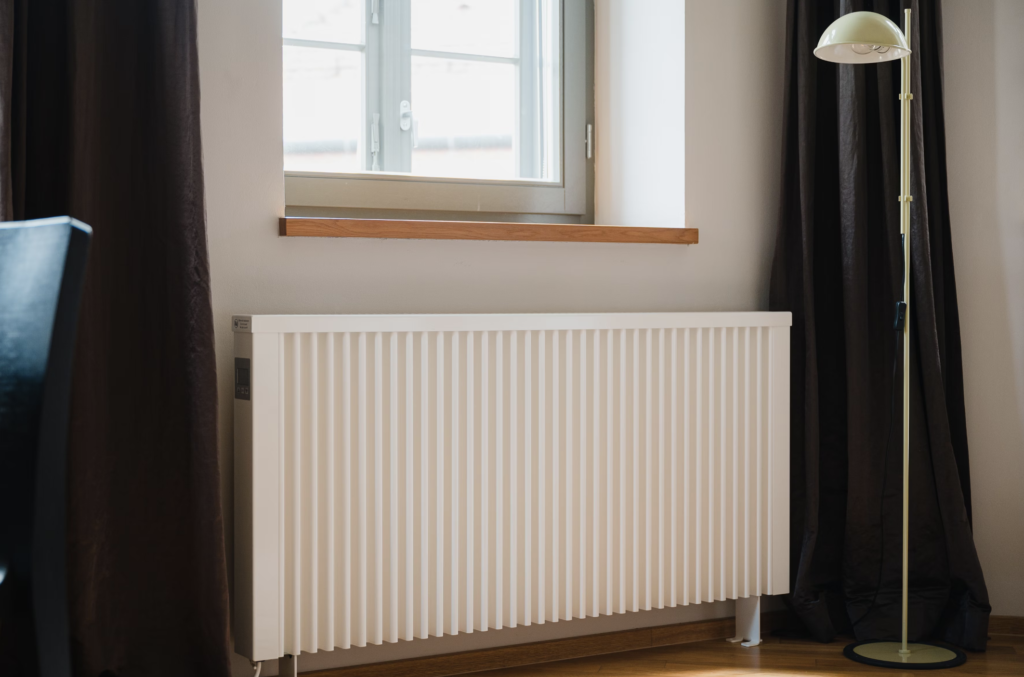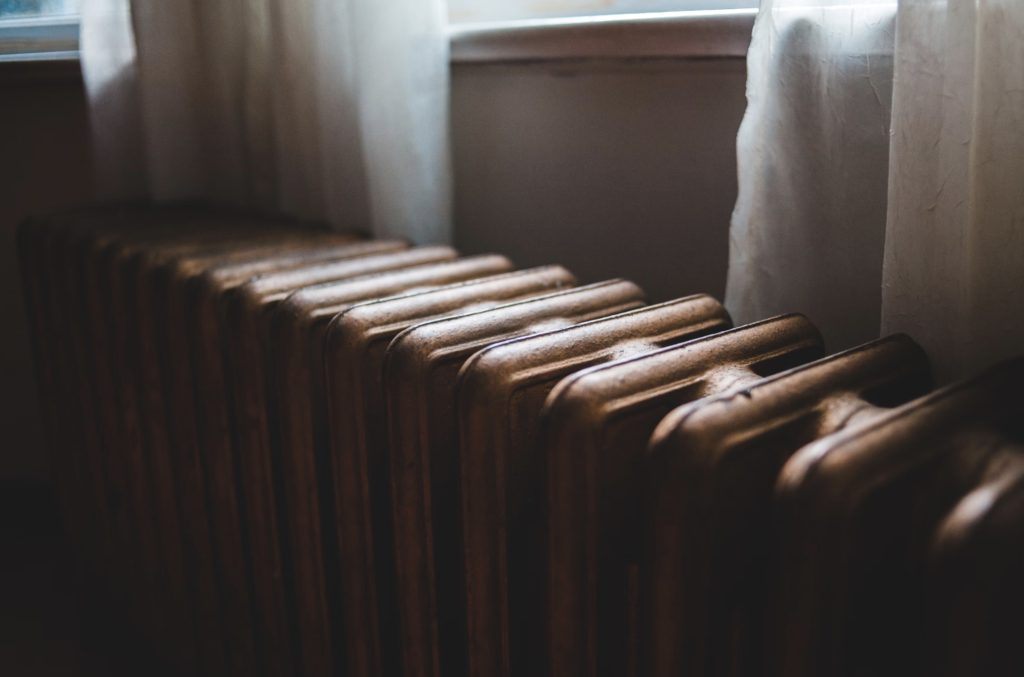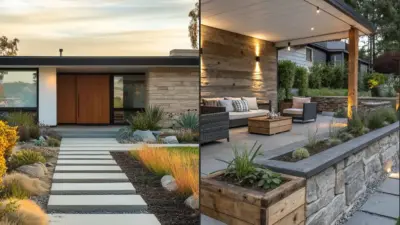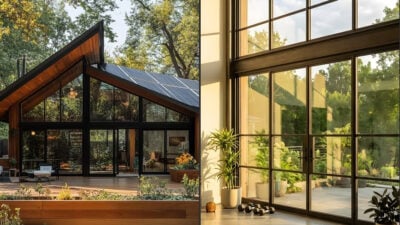
Moving into a new home brings excitement, but it also raises many questions. Among the most pressing is how to keep your space warm efficiently without skyrocketing energy bills. Choosing the right heating system can be the difference between a cozy haven and a constant struggle to stay comfortable. With so many options available, it’s easy to feel overwhelmed. But don’t worry—understanding what works best for your home is easier than you think. Let’s dive in and make your new home truly comfortable.
Assessing Your Home’s Heating Needs
The size of your home, local climate, and insulation quality all influence which heating system will be most effective. A smaller, well-insulated home in a mild climate may benefit from a heat pump, while larger homes in colder regions often require something more robust, like a boiler. Carefully evaluating these factors helps ensure you choose a system that meets your specific needs.
Beyond selecting the right system, consider the long-term costs and maintenance. Efficient heating isn’t just about installation. It’s about how well the system performs over time. Regular maintenance, proper insulation, and energy-efficient upgrades can significantly impact your home’s comfort and your energy bills.
Comparing Heating System Options
Choosing the right heating system for your new home is crucial for ensuring comfort, efficiency, and long-term cost savings. From whole-house solutions to targeted comfort enhancements, such as designer electric towel rails that can elevate the warmth and ambiance of a bathroom, each type of system has unique advantages and potential drawbacks that must be carefully weighed to meet your specific needs.
Boilers
For those living in colder regions, boilers offer a reliable and consistent source of heat. Unlike forced air systems, boilers heat water, which is then circulated through radiators or underfloor pipes, providing a steady and comfortable warmth throughout the home. However, not all homes are equipped with a boiler system, and some may prefer the convenience and efficiency of electric radiators, which can provide a cost-effective and flexible heating solution, especially in well-insulated homes or for supplemental heating in specific areas. This method of heating is especially effective in maintaining a constant temperature during harsh winter conditions.
In homes with an existing oil boiler system, it’s important to assess the condition of any associated oil tanks. Old or unused oil tanks can present environmental and safety hazards. To address this, you may need to engage a licensed and insured disposal service to remove the oil tank safely. Taking care of such details ensures that your heating system is efficient and safe, and it frees up space for more modern and energy-efficient alternatives.
Forced Air Systems
This widely used heating option operates by heating air in a furnace and distributing it through a network of ducts and vents. The warm air is circulated throughout the home, offering rapid heating, which is particularly beneficial during colder months. The ability to integrate with central air conditioning makes it a convenient all-in-one climate control solution.
However, one challenge with this system is its tendency to create uneven heating, where some rooms may feel warmer than others. Additionally, forced air systems require regular maintenance, particularly duct cleaning, to prevent dust and allergens from circulating in the home. Despite these considerations, the system’s widespread use and adaptability make it a popular choice for many homeowners.
Radiant Heating
Directly heating surfaces such as floors or walls, radiant heating delivers warmth that radiates evenly throughout a room. This type of heating is especially effective in areas with tile or stone flooring, providing a cozy environment in spaces like bathrooms and kitchens. The silent operation and even heat distribution make it a favorite for those seeking a comfortable and noise-free home environment.
While the upfront costs can be higher, and retrofitting may be challenging, radiant heating is known for its efficiency and ability to create a consistently warm atmosphere. Its ability to eliminate cold spots makes it an appealing choice, particularly in well-insulated homes where energy efficiency is a priority. Additionally, radiant heating systems require minimal maintenance compared to forced air systems, and their hidden installation allows for more flexible interior design options, free from bulky radiators or vents.
Heat Pumps
Offering both heating and cooling, heat pumps are a versatile option, particularly in moderate climates. By transferring heat from the outside air or ground into the home, they provide an energy-efficient solution that reduces the overall energy consumption compared to traditional heating systems. During warmer months, the process is reversed, allowing the system to cool the home effectively.
The efficiency of heat pumps can be compromised in extremely cold climates, where their performance may drop. Additionally, while the initial cost is higher, the long-term savings in energy bills often make them a cost-effective choice over time. Regular maintenance is key to ensuring the system runs smoothly and efficiently throughout its lifespan.
Wrapping Up

Your new home deserves a heating system that meets your needs today and stands the test of time. As you settle in, consider the unique characteristics of your space and the demands of your climate. The right choice will ensure that your home remains a warm, welcoming place all year round. By making informed decisions now, you can enjoy comfort, efficiency, and peace of mind for years to come. Here’s to a cozy, energy-efficient future!
- 0shares
- Facebook0
- Pinterest0
- Twitter0
- Reddit0



